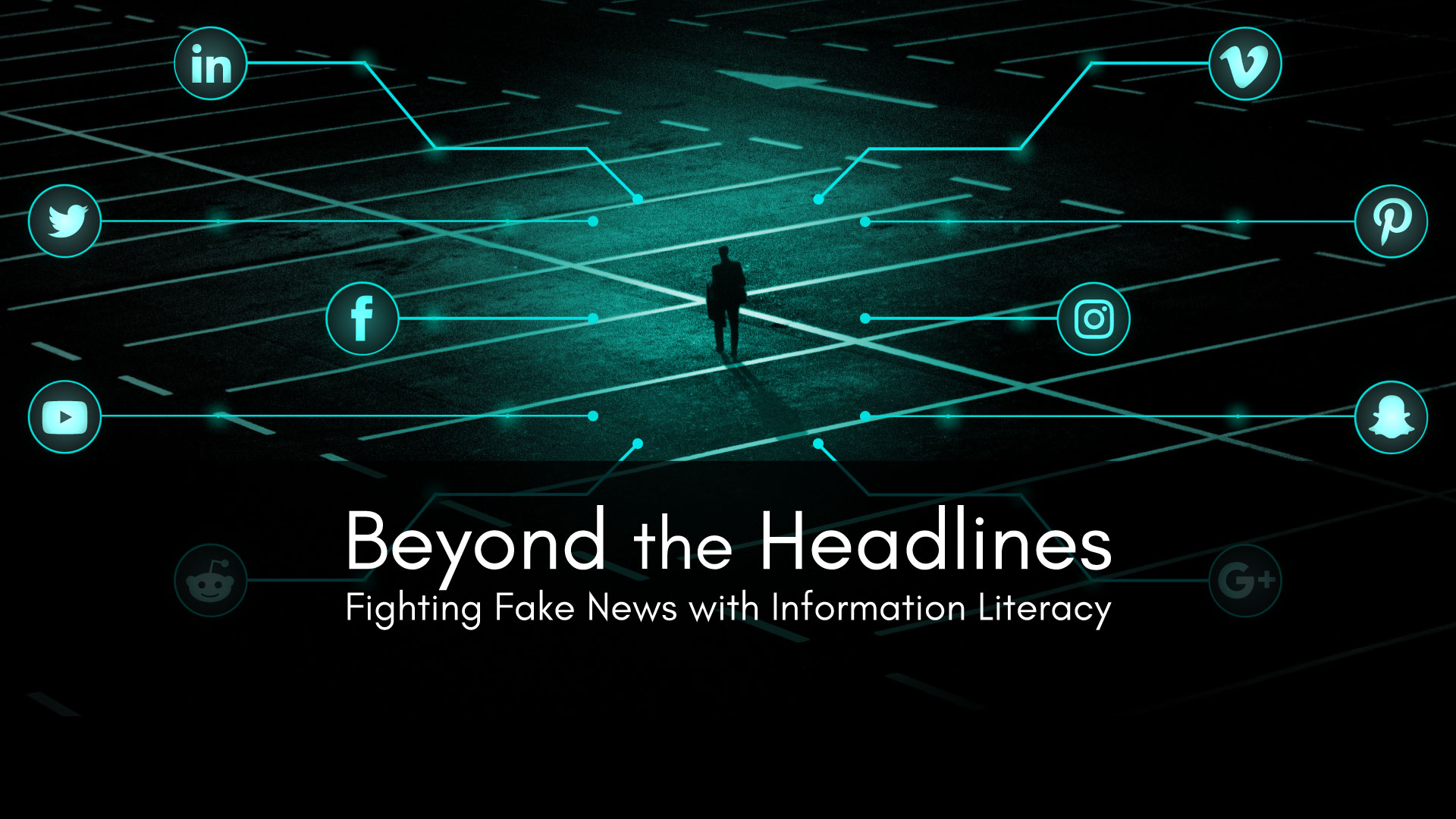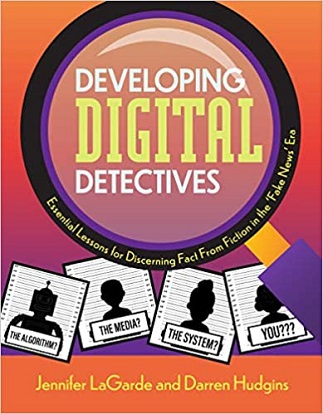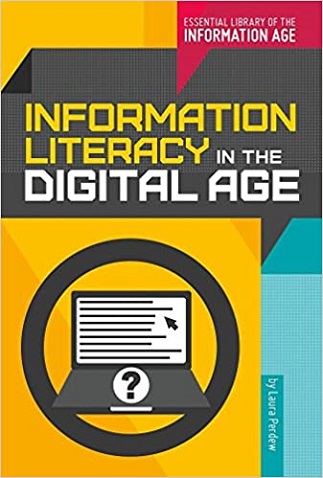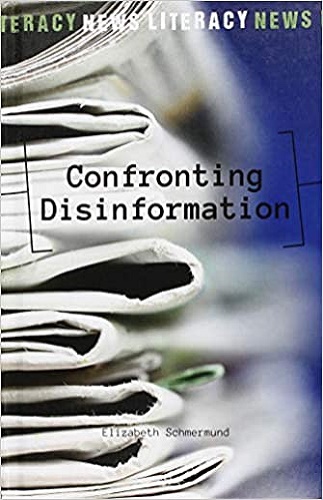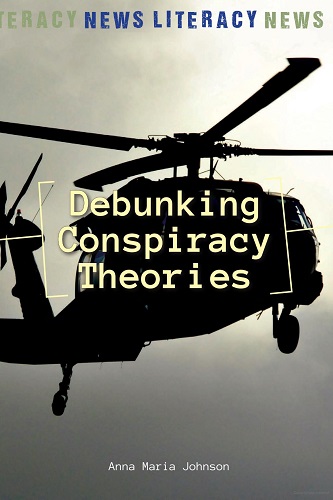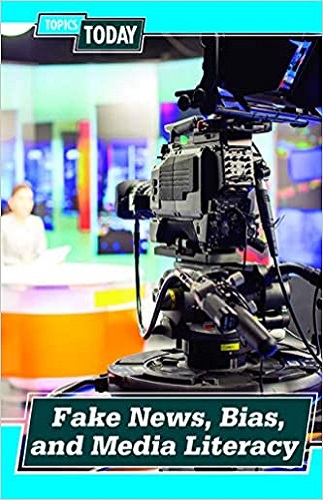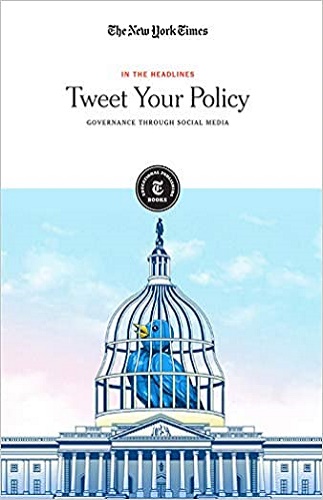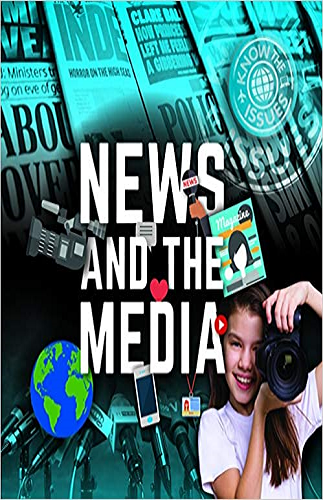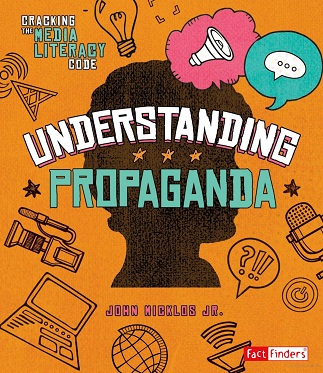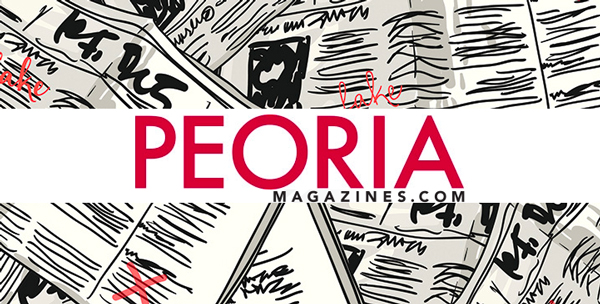Once upon a time, photos were real, people trusted the news and there was no such thing as “alternative facts.”
Today, technology has changed everything – and still is. Between Photoshop, apps that allow anyone to create Deepfake videos and the surge of biased websites posing as neutral news sources, everything you read, see or hear could be fake.
That’s why Peoria Public Library wants to provide our patrons with a field guide to spotting misleading information, as well as resources to help you and your family exercise your critical thinking skills. Unfortunately, buyer beware now applies to how we consume information in our daily lives.
On this page you’ll find fact-checking links, links to reputable news sources and suggested books and online resources for further study. Our staff of information professionals (aka librarians) are also available to help you track the truth.
The Illinois Office of the Attorney General has a 2024 Voter Misinformation Guide, including types of misinformation, the potential motivations of scammers, and what you can do to protect yourself from falling victim to misinformation. It’s a short, easy-to-share document. https://bit.ly/3BJ77Za
Fact Checking Links
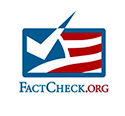
FactCheck.org
This nonpartisan nonprofit is a project of the Annenberg Public Policy Center of the University of Pennsylvania. FactCheck.org monitors the factual accuracy of major U.S. political players as well as key news stories.

FlackCheck.org
Headquartered at the Annenberg Public Policy Center of the University of Pennsylvania, FlackCheck.org is the political literacy companion site to the award-winning FactCheck.org. The site provides resources designed to help viewers recognize flaws in arguments in general and political ads in particular. Video resources point out deception and incivility in political rhetoric. FlackCheck.org is funded by an endowment provided by the Annenberg Foundation to support the Leonore Annenberg Institute for Civics.

First Draft
First Draft is a nonpartisan coalition of organizations – journalists, academics and NGOs – with a mission to “protect communities from harmful misinformation.” Their global network of journalists investigate and verify emerging stories. They also share cutting-edge digital tools to help both content creators and the public determine the accuracy of information found online.

PolitiFact
PolitiFact is a nonpartisan fact-checking website to sort out the truth in American politics. PolitiFact was created by the Tampa Bay Times, a Florida newspaper, in 2007. In 2018, PolitiFact was acquired by the Poynter Institute, a nonprofit school for journalists.

Snopes
Started in 1994, Snopes is an independent publication of the Snopes Media Group and the oldest fact-checking site online.

Open Secrets
Nonpartisan, independent and nonprofit, the Center for Responsive Politics is the nation’s premier research group tracking money in U.S. politics and its effect on elections and public policy.

Sunlight Foundation
The Sunlight Foundation is a national, nonpartisan, nonprofit organization working to make government and politics more accountable and transparent. Its Web Integrity Project monitors changes to government websites — revealing shifts in public information and access to Web resources, as well as changes in stated policies and priorities.
Additional Resources and Websites
Open States
Open States aggregates legislative information from all 50 states, Washington, D.C., and Puerto Rico so users can easily track bills, review upcoming legislation and see how your local lawmakers are voting. From 2009-2016, Open States was a project of the Sunlight Foundation, but is now independent and funded by, in part, The Donald W. Reynolds Journalism Institute, Missouri School of Journalism, the Rita Allen Foundation, Robert R. McCormick Foundation, Google.org and the Minnesota Historical Society.
Illinois General Assembly
Find information specific to Illinois’ laws and state lawmakers on this website by the state’s Legislative Information System.
The Foundation for Critical Thinking
The Foundation for Critical Thinking is a nonprofit organization that seeks to promote fair-minded critical thinking through education. Find research and online workshops.
ProPublica
ProPublica, legally Pro Publica, Inc., is a nonprofit organization based in New York City. It is a newsroom that aims to produce investigative journalism in the public interest.
Good Sources of Information
In real life, we don’t choose one author and only read his or her books. Hopefully, we read widely across many genres. The same should be true when it comes to reading about world events.
When the same news is covered by many news outlets – and the information presented aligns on critical points – then it is likely that information reflects the core truth of a situation.
Peoria Public Library offers two online routes to access thousands of newspapers from around the world. With NewsBank and ProQuest Newsstand you can read the Peoria Journal Star or the New York Times. Almost always, the articles are updated daily. We also provide access to thousands of peer-reviewed journals if you would like to read more deeply on subjects. Search 13 databases – medical and other scholarly journals and government publications among them – through Peoria Public Library’s WorldCat FirstSearch. You will need your library card and a special authorization code from our librarians for access.
News Sources of National and International News
The following news outlets are among those recognized as being the most neutral and most reliable for national and international news. To help you evaluate bias across media sources, you can investigate various media bias charts. We recommend you choose ones with rigorous, transparent methodologies. Check out Poynter’s MediaWise Project for more media literacy tools.
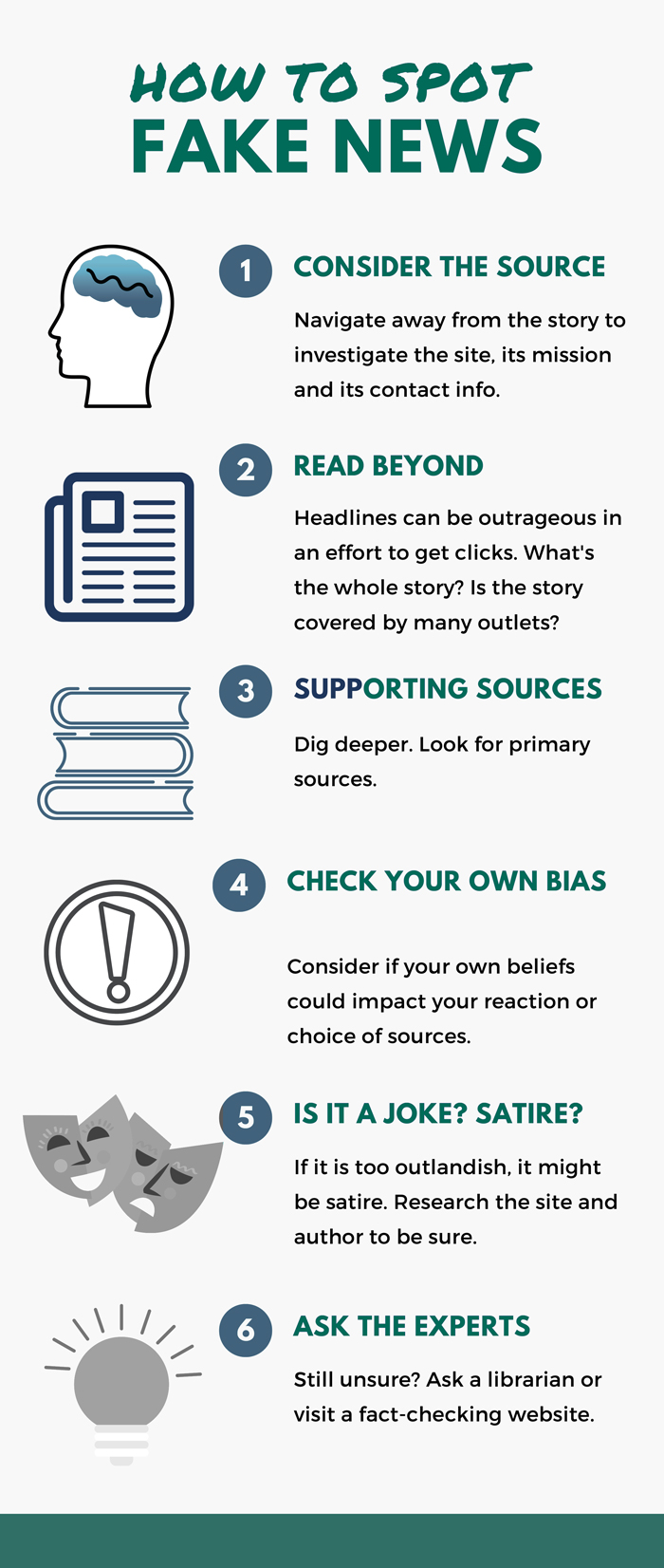
Check out the following books about media literacy and critical thinking that are available in the PPL catalog.
Peoria Public Library Executive Director Randall Yelverton on the need to build information literacy. (Peoria Magazine, 2021) Read article.
For Educators and Students:

The Center for News Literacy at Stony Brook University offers free resources for students and educators to teach “the difference between fact and rumor, news and advertising, news and opinion and bias and fairness.” This center is the only one of its kind in the United States.

